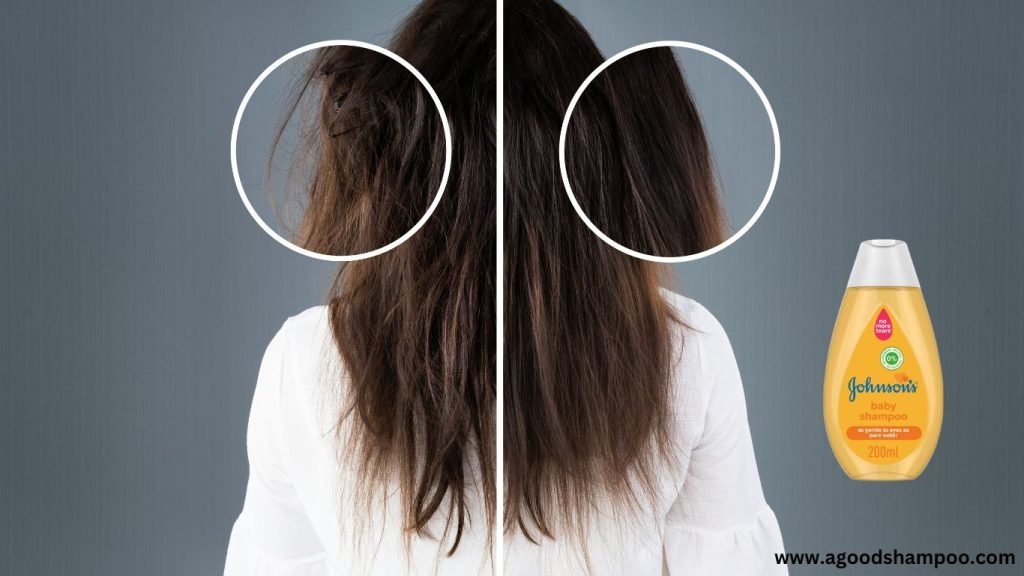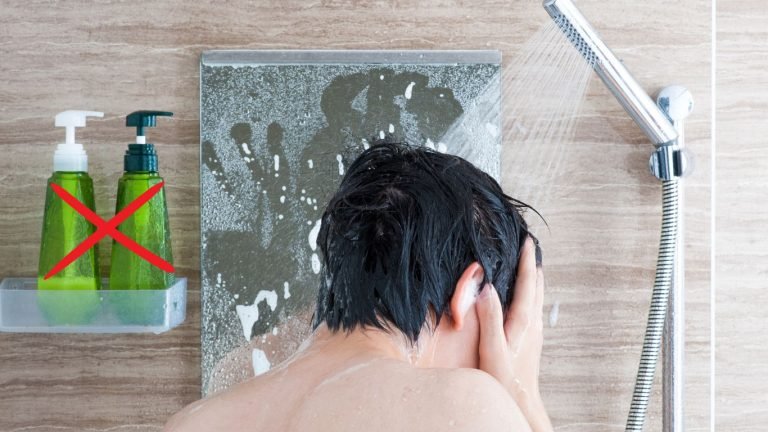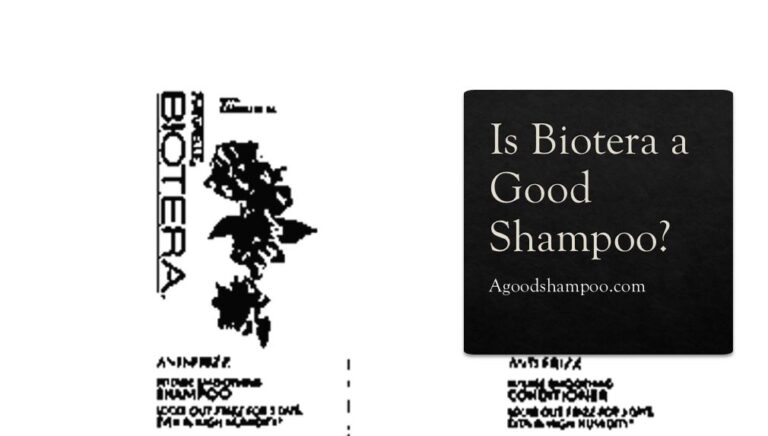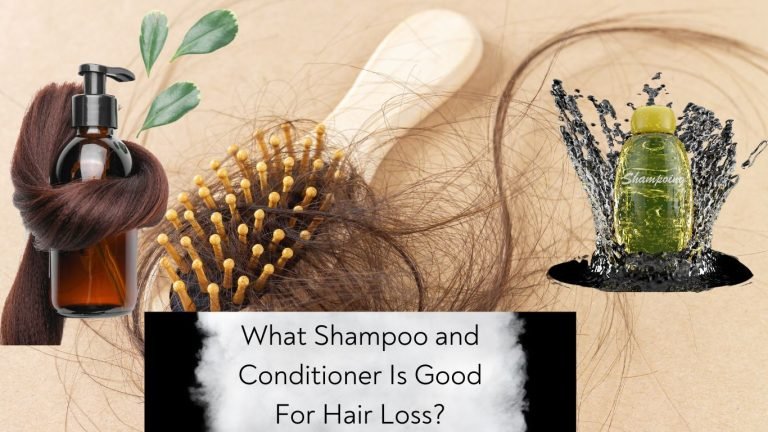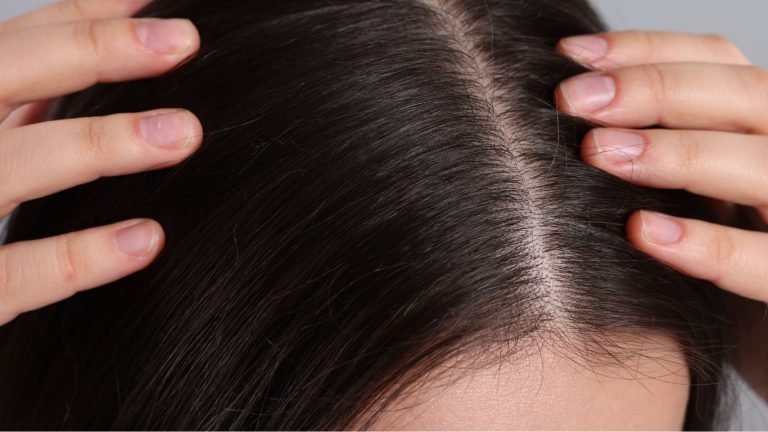Is Baby Shampoo Good for Clarifying Hair? Honest Guide
If you’ve ever felt like your hair just won’t cooperate, flat, greasy at the roots, products sitting on top instead of soaking in, then you’ve probably wondered if you need a good clarifying shampoo. But maybe you’ve also stared at that simple bottle of baby shampoo in the store and thought, Couldn’t I just use this instead? It looks gentle, smells clean, and it’s cheap.
I get it. Hair care aisles can be overwhelming, and if you’re struggling with buildup, sometimes you just want a simple fix. So let’s sit down, like girlfriends swapping secrets after a long wash day, and talk honestly about whether baby shampoo can actually do the heavy lifting of clarifying your hair.
What Does Clarifying Really Mean?
First, let’s clear the air: not every shampoo is a clarifying shampoo.
A clarifying shampoo is like the “reset button” for your scalp and strands. It goes beyond daily cleansing and strips away:
Heavy styling products like gels, creams, mousses, or hairsprays
Silicones left behind by conditioners or serums
Mineral deposits from hard water
Sebum and dirt that regular shampoos sometimes miss
Think of it like spring cleaning. You don’t do it every day, but when the closets start overflowing, you pull out the big tools.
Most clarifying shampoos contain stronger detergents, often sulfates or chelating agents (like EDTA or citric acid), designed specifically to cut through buildup. They’re not about gentle. They’re about effective.
So now the real question: where does baby shampoo fit into all of this?
Why People Think Baby Shampoo Might Work
Baby shampoo has this reputation for being super pure and harmless. After all, if it’s safe for a newborn, surely it’s safe for your hair, right?
Here’s why people consider it:
It’s marketed as tear-free and gentle.
It’s easy to find in every drugstore and supermarket.
It’s usually cheaper than salon clarifying shampoos.
It doesn’t look scary, just clean and simple.
On the surface, it feels like a no-brainer. A shampoo that’s mild enough for babies should also work to gently strip away buildup… right?
Well, not quite.
What’s Actually Inside Baby Shampoo
Here’s where we peek at the label.
Most baby shampoos use mild surfactants like cocamidopropyl betaine or sodium lauroamphoacetate. These are gentler than the harsh sulfates you find in clarifying shampoos. Instead of stripping oils aggressively, they create a softer lather designed not to irritate delicate baby skin or eyes.
Some baby shampoos also include conditioning agents, light moisturizers, or even pH balancers to keep the product gentle on skin.
That’s the catch: baby shampoo is formulated with skin in mind, not heavy-duty cleansing for adult hair weighed down by sprays, oils, and city pollution.
So does that mean it won’t clarify at all? Not exactly.
Can Baby Shampoo Clarify Hair?
Here’s the honest truth:
Baby shampoo can remove some light buildup because at the end of the day, it is still a shampoo. But compared to a real clarifying formula, it’s like using a damp cloth when you really need a power washer.
It will:
Remove everyday dirt, sweat, and light oils.
Give your hair a cleaner, softer feel if you normally use very mild products.
It won’t:
Cut through heavy silicone buildup from serums.
Remove layers of dry shampoo or hairspray.
Chelate hard water minerals.
So if you only use baby shampoo as your clarifier, your hair might feel fresher for a day, but that deep “reset” effect you’re craving? You probably won’t get it.
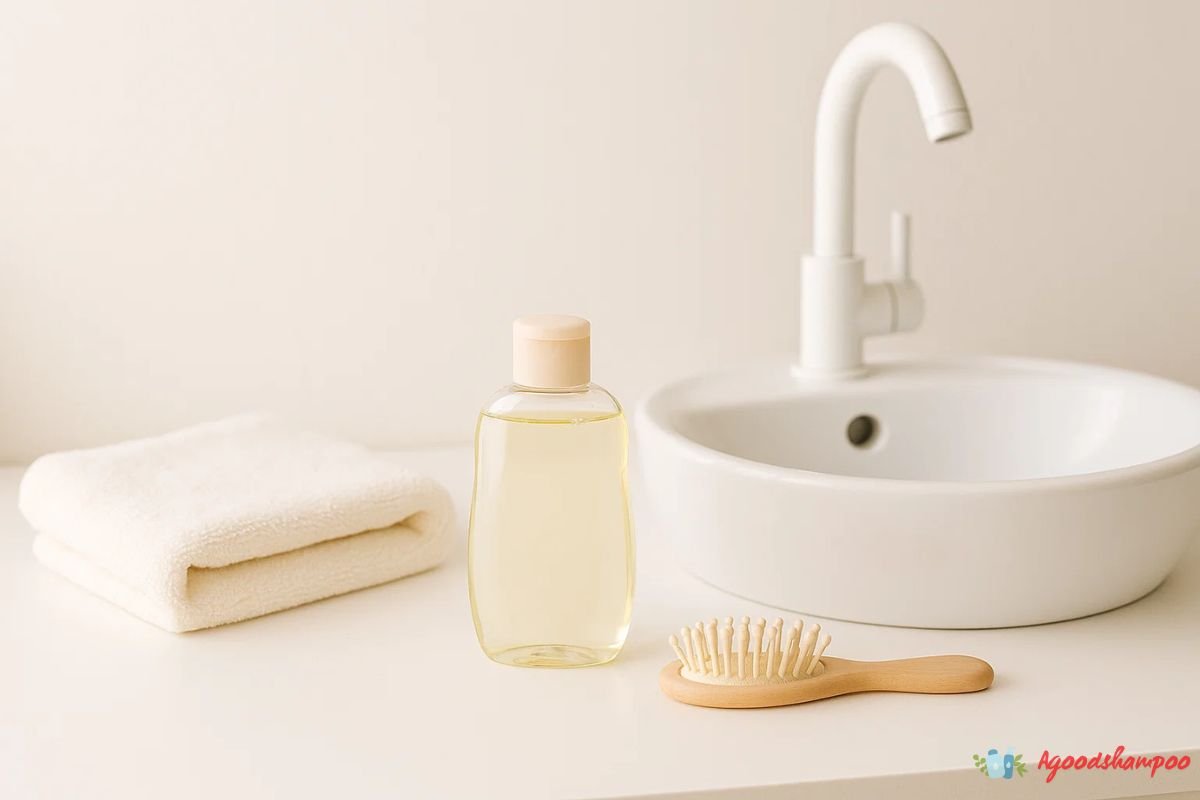
When Baby Shampoo Might Work for You
There are a few scenarios where baby shampoo can be a decent substitute for a clarifier:
If you have sensitive scalp issues. Regular clarifying shampoos can be harsh and irritating, especially if you struggle with eczema, psoriasis, or general sensitivity. Baby shampoo is less aggressive.
If your hair is fine or thin. Sometimes harsher clarifiers can leave delicate hair feeling squeaky and brittle. Baby shampoo is gentler, though you may need multiple washes.
If you don’t use many styling products. If your routine is simple, just shampoo, conditioner, maybe a serum, baby shampoo could help freshen things up without overdoing it.
But for most people who style, spray, or live in areas with hard water, it’s not going to cut it.
When Baby Shampoo Isn’t Enough
If you’re using oils, leave-ins, or products with silicones, you need more than a baby formula to break it down.
What research shows:
Studies on surfactants have shown that gentle amphoteric cleansers (the type found in baby shampoos) are good for mild cleansing but lack the strength to remove polymers and silicones.
Consumer tests show that clarifying shampoos with sulfates or chelating agents remove up to 80–90% more residue in a single wash compared to mild surfactant-only formulas.
So while baby shampoo may give you the feeling of being cleaner, the deeper gunk could still be hanging out in your cuticles, making your hair dull over time.
Quick Fact Box
Baby Shampoo vs. Clarifying Shampoo
| Feature | Baby Shampoo | Clarifying Shampoo |
|---|---|---|
| Surfactant Strength | Mild | Strong |
| Removes Heavy Oils/Silicones | Limited | Yes |
| Good for Sensitive Scalp | Yes | Not always |
| Best For | Gentle daily cleansing | Monthly “reset” wash |
What If You Still Want to Try Baby Shampoo as a Clarifier?
Okay, let’s say you’re curious and want to give it a shot. Here’s how to make the most of it:
Use it on clean, wet hair. Don’t pile it onto oily, dirty strands expecting magic.
Double cleanse. Wash once to lift surface dirt, then again to go a little deeper.
Rinse thoroughly. Leftover shampoo residue can actually make your hair feel coated.
Follow with a lightweight conditioner. Baby shampoo isn’t super moisturizing.
Don’t rely on it weekly. Rotate in a real clarifier once or twice a month if you use styling products.
Better Alternatives to Baby Shampoo for Clarifying
If you’ve decided baby shampoo is just too weak for the job, here are some better options:
Drugstore clarifying shampoos: Suave Daily Clarifying Shampoo, Neutrogena Anti-Residue Shampoo. Affordable and effective.
Salon-grade clarifiers: Paul Mitchell Shampoo Two, Redken Detox. Designed for buildup without completely stripping.
Chelating shampoos (for hard water): Malibu C Hard Water Wellness Shampoo. Specifically targets mineral deposits.
DIY rinse options: Apple cider vinegar rinses can help dissolve buildup naturally (though not as strong as a clarifier).
Emotional Side of This
I know how discouraging it feels when your hair just won’t behave, no matter what products you try. Sometimes you’re desperate for an easy solution, and baby shampoo feels like this safe, gentle miracle you can trust.
But remember: your hair isn’t the same as a baby’s. Babies don’t load on dry shampoo, heat protectants, or city smog. They just need gentle suds to keep the scalp clean. You need a little more firepower. And that’s okay.
Don’t beat yourself up if you’ve been using baby shampoo and wondering why your hair still feels off. It’s not you. It’s just the wrong tool for the job.
Final Take
So, is baby shampoo good for clarifying hair?
Not really. It’s too gentle to do the deep reset that a true clarifying shampoo provides. But in certain situations, like if you’re sensitive, have fine hair, or use minimal products, it can give a mild freshening effect.
Think of baby shampoo as your “gentle daily soap,” not your “spring cleaning solution.” If you really want to detox your hair from buildup, silicones, or minerals, you’ll need a stronger clarifying formula in your rotation.
And don’t worry, adding a clarifier doesn’t mean damaging your hair. Used once or twice a month and followed with conditioner, it can actually make your routine products work better because your strands are truly clean.
Your hair deserves to feel light, refreshed, and healthy. Baby shampoo might give you a taste of that, but if you want the full reset? Go for the real deal.

Marlena Stell is a beauty expert and educator passionate about empowering individuals through personalized hair care and wellness advice.

